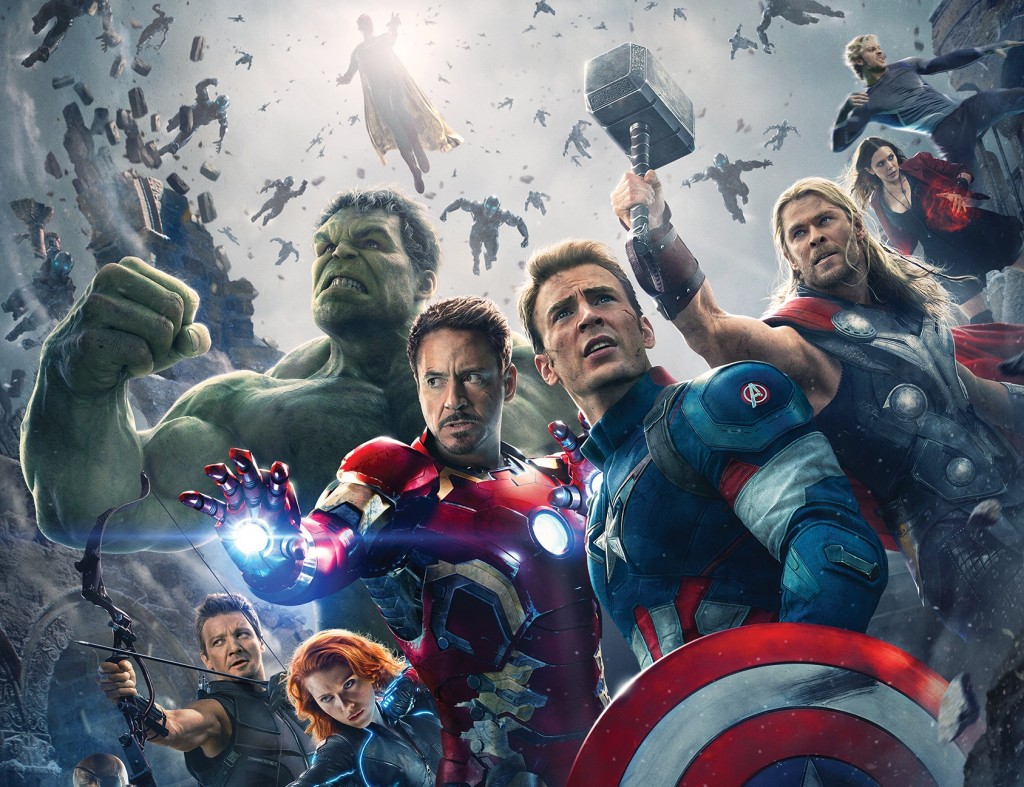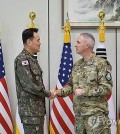- California Assembly OKs highest minimum wage in nation
- S. Korea unveils first graphic cigarette warnings
- US joins with South Korea, Japan in bid to deter North Korea
- LPGA golfer Chun In-gee finally back in action
- S. Korea won’t be top seed in final World Cup qualification round
- US men’s soccer misses 2nd straight Olympics
- US back on track in qualifying with 4-0 win over Guatemala
- High-intensity workout injuries spawn cottage industry
- CDC expands range of Zika mosquitoes into parts of Northeast
- Who knew? ‘The Walking Dead’ is helping families connect
‘Avengers’ sequel tops 10 mln viewers in S. Korea
SEOUL, May 18 (Yonhap) — The Hollywood blockbuster “Avengers: Age of Ultron” has become this year’s first film to surpass 10 million viewers in South Korea, data showed Monday.
The superhero flick exceeded the 10-million mark in attendance Sunday, the 25th day of its run, according to the official box-office data compiled by the Korean Film Council (KOFIC).
It has also brought in more than $72.5 million in foreign box office revenue in the country alone making South Korea the leader in this particular category.
The film is the fourth non-Korean film to hit the milestone after “Avatar” (2009), “Frozen” (2014) and “Interstellar” (2014), as well as the first among the Marvel superhero series.
The sequel to the 2012 work “The Avengers” also set a record as the fastest foreign film to hit 10 million, beating the 39 days for “Avatar.”
Compared with domestic films, the pace for the Avengers sequel is faster than the 27 days for “Ode to My Father” (2014), the 32 days for “Miracle in Cell No. 7″ (2012)” and the 38 days for “Masquerade” (2012) but slower than the 12 days for “Roaring Currents” (2013), the most-viewed film ever in local box-office history.
Directed by Joss Whedon, “Avengers: Age of Ultron” is about the superhero team’s fight to stop the villain Ultron from carrying out his destructive plan.
The movie has drawn wide public attention in South Korea as it was partly shot in Seoul, and members of the star-studded cast, including Robert Downey Jr. and Chris Evans, visited Seoul earlier this month to promote the film. South Korean actress Claudia Kim has a small role in it.
But there has been controversy over the image of Korea shown in the film and the total length of the scenes from Seoul.
Some have questioned the economic benefits, claiming the meager 20 minutes of screen time Seoul received displayed an ugly version of the city and did little to attract tourists.
The Seoul metropolitan government had cordoned off bridges and major streets for filming while the central government provided financial aid worth about 3 billion won ($2.7 million) for the production.
Officials forecast that the filming will bring some 2 trillion won ($1.85 billion) in direct and indirect economic benefits by helping improve Korea’s national image.
The superhero flick also reignited a lingering debate over screen monopoly by big-budget films, dominating more than 1,800 of the 2,300 screens available across the country at the early stage of screening.
















